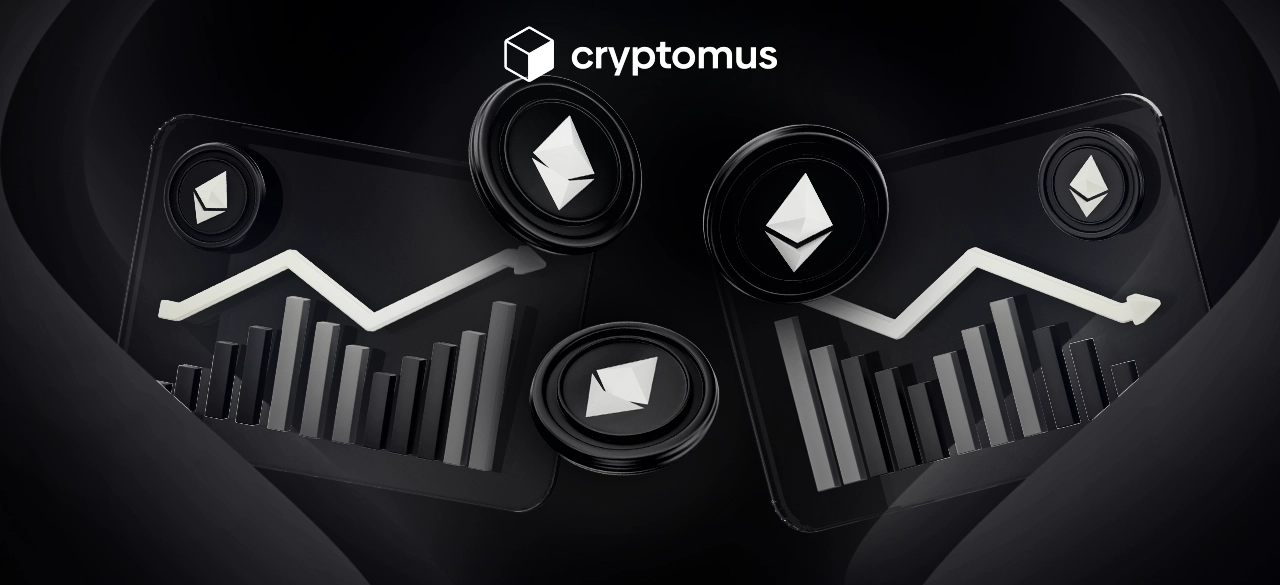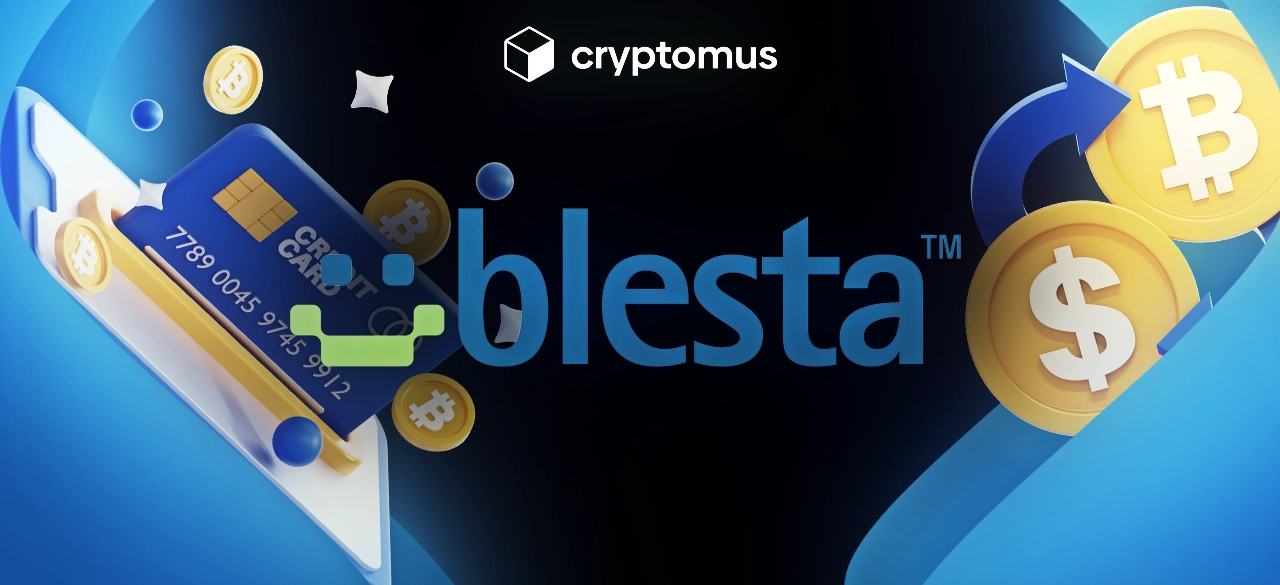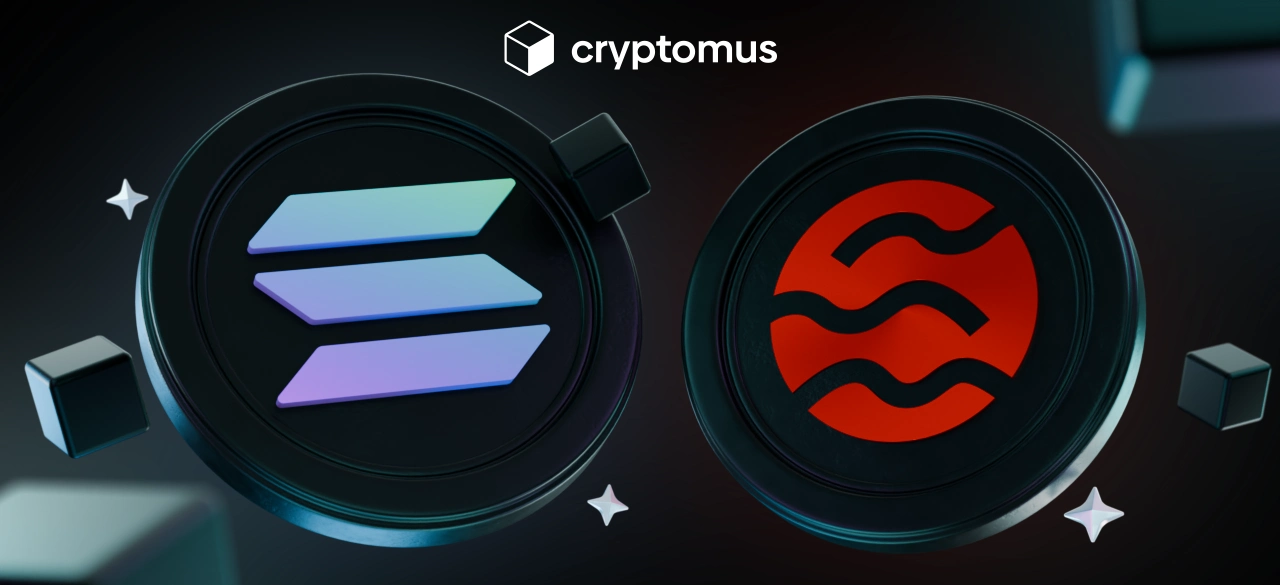
What Is The Blockchain Network Commission?
Table of Contents
Using digital assets to pay for goods and services on the Internet is a current trend that is actively gaining momentum. One of the main reasons for such a popularity of Bitcoins and other cryptocurrencies as a means of payment is the low transfer commissions. So what is the blockchain network commission and how much will you have to pay for the transactions? In this article, we consider all financial issues related to the blockchain network commissions.
What Is The Blockchain Commission?
The blockchain network, in general, is a chain of blocks consisting of confirmed transactions. For the work, acceptance and processing of the transactions, this network takes a payment, which is called the blockchain network commission which plays the role of a specific fee the sender pays for making a payment in cryptocurrency.
The blockchain commission isn’t fixed, it doesn’t depend on the amount of payment you made. Transaction fees can be calculated individually by users. Additionally, it’s necessary to notice that the blockchain commission is mandatory and performs two important functions.
- Support of miners.
The blockchain commissions go to support miners/validators who help fix the payment process and confirm transactions in the blockchain. Miners, when processing a payment, first choose transactions with the best ratio of size of commission — this way they increase their own profit.
- Ensuring the security of the network.
One more essential factor is protecting the network from spam attacks and increasing security level. It works as a tool against hackers trying to attack the network by initiating numerous simultaneous operations. So since it’s too expensive to launch several thousand transfers with a commission, it deters intruders.
Initially, payments could be sent not only with a commission, but also for free. The waiting time for confirmation of free transactions didn’t exceed 25 minutes, but with the growing popularity of cryptocurrencies, the number of payments has increased, and the commission has become mandatory. Cryptocurrency transaction commissions cost depends on the used network. For example, Bitcoin, Ethereum, Litecoin and Tether (USDT) have different transaction commissions.
How Does The Cryptocurrency Transfer Algorithm Work?
Cryptocurrency transfer is performed using an algorithm different from traditional payment systems that use blockchain databases and servers for communication. So that's why sometimes it takes more confirmation period to approve and check it. The transfer of digital assets is performed online, and when it’s sent, it’s checked whether the transaction is correct and whether the user has a sufficient amount of cryptocurrency to perform the operation. In order to check the crypto transfer working algorithm more thoroughly, let’s see its stages in order.
-
Sent to a kind of “waiting room” (mempool);
-
Included by the miner in the preliminary block — it can contain about 2,500 transactions, since the block size is limited to 1 MB, so with high traffic and high activity of the blockchain network participants, an impressive queue is formed, which automatically increases the payment processing time;
-
Evaluated in terms of priority — payments with a high commission are processed first (usually it indicates the importance and urgency of the transfer);
-
It’s confirmed and goes to the mined block.
By the way, all transactions in the blockchain are anonymous, so it’s impossible to track users, but the process of queuing, sorting and confirming transactions isn’t closed. With the help of specialized monitoring blockchain services, you can trace the workload of the blockchain network in real time, view transactions available in a certain block and even calculate what commission to specify for the transfer so that the miner includes it in the nearest block.
What Is The Role Of Miners?
Sending and receiving payments in cryptocurrency is implemented with the help of miners. These are special programs that register and confirm transactions in the blockchain. Using mathematical calculations, they “sort” the transfers that are in the queue and assign them a certain priority depending on the amount of the commission. After that, the transaction is confirmed or remains in the queue — the transfers with the highest commission are among the first to receive confirmation. As we see, the role of the miner is crucial because the speed and cost of the transaction depends mostly on it and its algorithm which is based on the fact that the priority parameter for confirming transactions is the amount of payment offered by the sender for making the payment.
What Else Affects The Size Of The Commission?
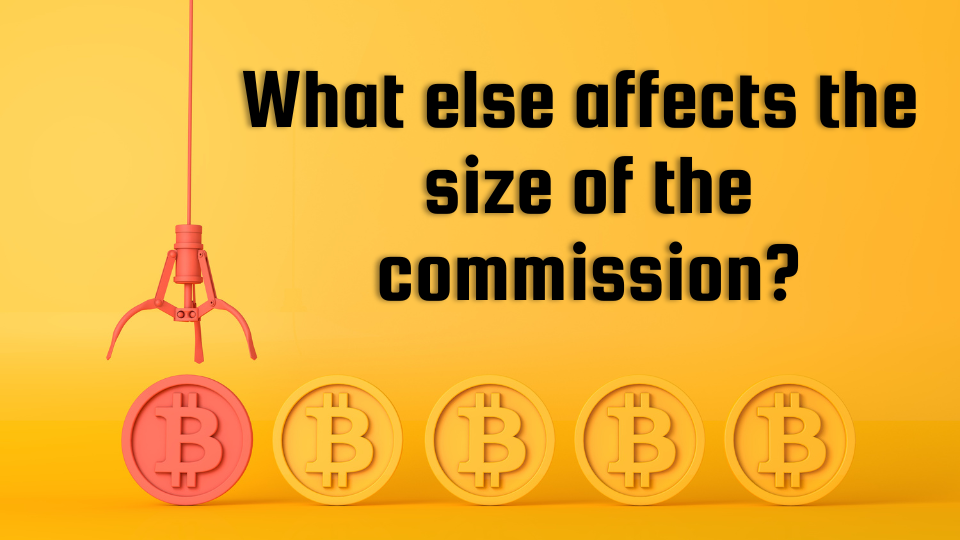
The size of the commission is highly impacted by the workload of the certain blockchain network, as well as the urgency and the importance of the transaction. However, there are several other equally essential factors. Let’s see!
- The complexity of the script.
The transaction processing functionality is quite wide and allows the use of various options, for example, multiple signatures. They increase security, but significantly increase the size (not the sum!) of transfer. So, the “weight” of a complex transaction can exceed 1000 bytes (a simple one “weighs” about 400), which, of course, will increase the commission amount.
- The number of inputs.
Any Bitcoin is actually a link (it’s also called an “input”) to transactions that were carried out earlier in order to increase capital. This link is transmitted during transfer so if the crypto unit was obtained from different sources, then it contains several links that affect the size of the commission.
- The number of outputs.
The outputs are the addresses where payments are sent. Most operations involve one or two outputs, but there may be more.So the more of them, the more expensive the transaction will cost.
High commissions make it unprofitable and impractical to pay with cryptocurrency on the seller’s website for minor purchases, such as a cup of coffee in a coffee shop or an order in a fast food restaurant. In this case, the commission may be more than the purchase amount.
Is It Possible To Reduce Commission Costs?
The desire of users to reduce the size of the blockchain network commission for the transfer of funds is quite understandable, but trying to do this, don’t blindly trust the advice of various monitoring resources. It’s better to delve into the topic yourself and learn how to calculate the commission correctly so that transactions take place without freezes. Commissions are not displayed directly in the blockchain, so the sender has no way to find out the true cost of the operation. Here are some pieces of advice which may help you to reduce commission cost.
-
Use the recommendations of a crypto wallet that calculates the average cost of 1 byte in real time. This option is suitable for beginners who don’t have much experience with cryptocurrency;
-
Calculate the amount yourself and always be aware of the amount you’re paying — you need to calculate the difference between the number of sent cryptocurrency and the “change”.
-
Check the queue of pending transactions and the minimum commission amount for already confirmed transfers on the Memory Pool. If you specify a commission for your transfer slightly higher than the minimum one, the chances of a quick transaction will increase.
There are no universal ways to reduce the size of the blockchain network commission, while avoiding the transfer freezes. It’s worth exploring the issue more thoroughly in order to know how to determine the optimal commission amount and not overpay, paying much attention to the factors we’ve noticed earlier.
Transactions With a Minimum Commission Are Real!
It’s crucial to understand the role of the commissions in crypto processing, as for many users this can be a decisive factor in choosing a specific crypto platform for making payments. Cryptomus allows users to organize the convenient acceptance of payments with the help of the quick registration via email or phone number; integration using API and ready-made modules and multiple currency support.
The main benefit of making payments on Cryptomus is in the fact that the transaction fees are fixed, they aren’t related to a certain percentage of the transfer amount. Now it’s more convenient and acceptable to make large-scale cross-border payments and even do shopping since the commissions are still lower, they're just hidden.
There is also a useful option for users to set up their own commission amount for making payments using a number of cryptocurrencies, including Ethereum and Bitcoin. Users have an opportunity to choose more or less expensive options for the cost of commision amount when making a payment. If the transfer is urgent enough, then they can raise the commission price and the transaction will take less time. Thus, you can raise the priority of your transaction in the blockchain system by increasing the cost of the commission. As well as you can save on commission if the speed of the transaction is not essential.
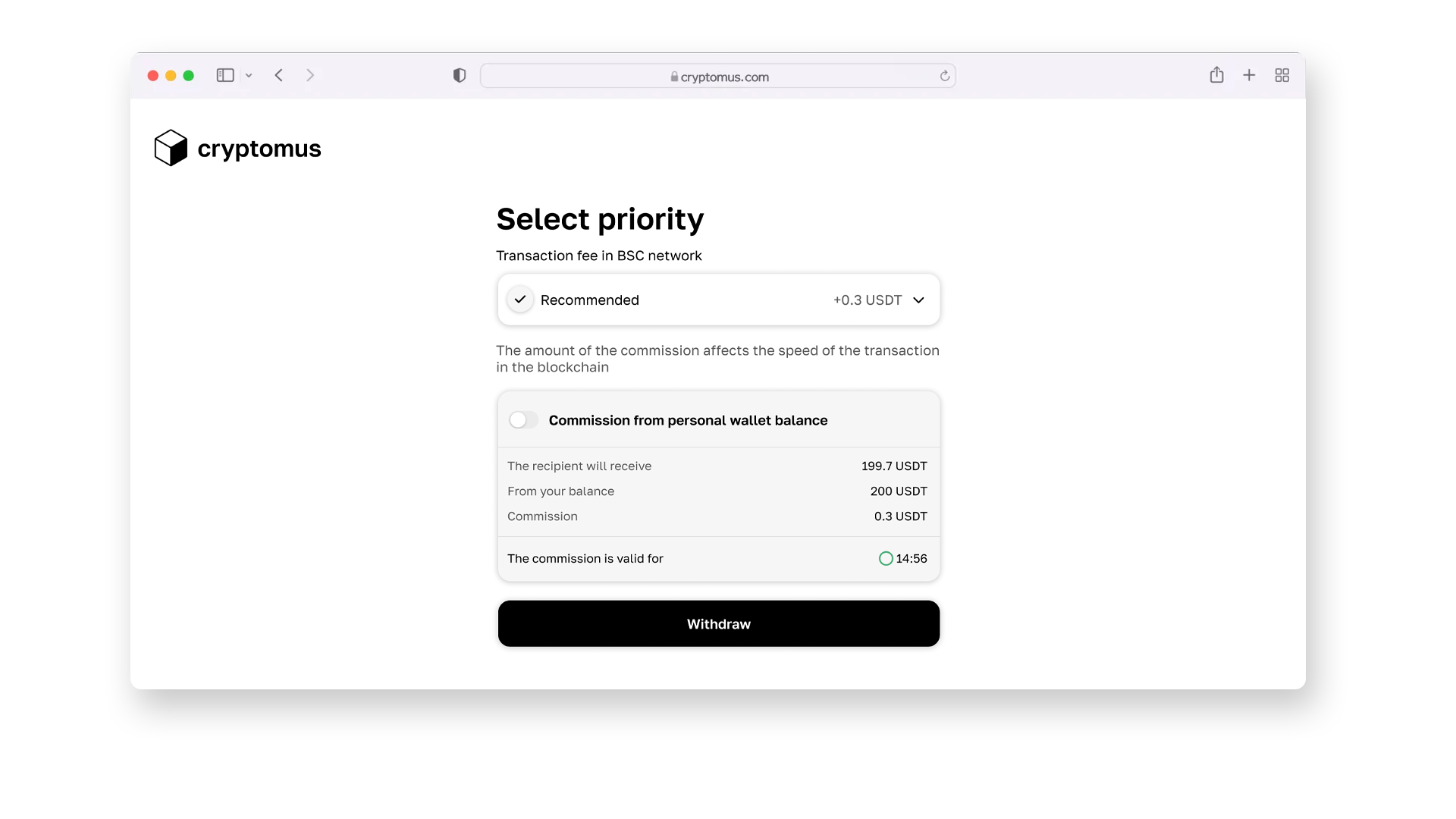
The same situation with the process of withdrawing funds. You can also choose a commission that is convenient for you based on the principle of “the more you pay, the faster your transaction is”. If you want to know more about withdrawal commissions for other cryptocurrencies on Cryptomus, click here.
We hope this article was handy for you and now you’ve figured out the blockchain network commission aspects. Save your expenses together with Cryptomus!
Simplify Your Crypto Journey
Want to store, send, accept, stake, or trade cryptocurrencies? With Cryptomus it's all possible — sign up and manage your cryptocurrency funds with our handy tools.
Get Started







